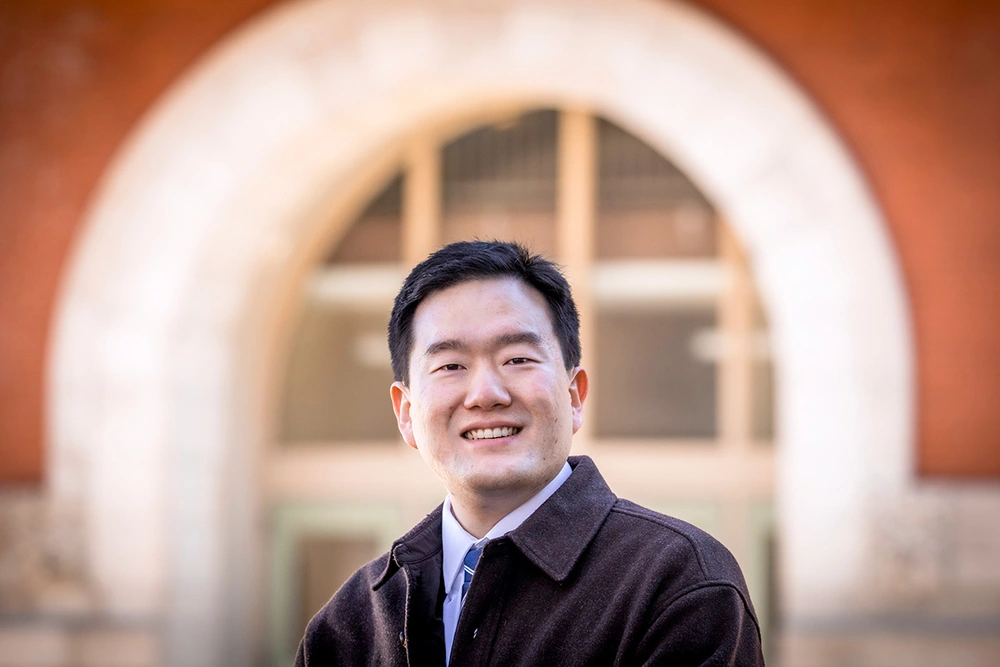
A new study by PhD candidate Junghwan Kim and adjunct professor Mei-Po Kwan finds that culture, civic-mindedness and privacy concerns influence how willing people are to share personal location information to help stem the transmission of COVID-19 in their communities. Such sharing includes giving public health authorities access to their geographic information via data gathered from phone calls, mobile apps, credit card purchases, wristband trackers or other technologies.
Reported in the International Journal of Geo-Information, the study will help public health officials better tailor their COVID-19 mitigation strategies to specific cultural contexts.
The scientists assessed survey responses from 306 people living in the United States and South Korea. Participants were recruited through social media and were younger and more highly educated than the general population of those countries. Conducted in late June and early July, the surveys asked participants to rate their privacy concerns, perceptions of social benefit and acceptance of a variety of COVID-19 mitigation efforts that involve collecting geographic data from individuals.
Cultural differences influence people’s willingness to embrace different COVID-19 mitigation measures, says Chinese University of Hong Kong geography professor and study co-author Mei-Po Kwan.
“For each method, we wanted to see how these factors influenced people’s willingness to share their data,” said Junghwan Kim, a graduate student in geography and geographic information science at the University of Illinois Urbana-Champaign who led the research with Mei-Po Kwan, a geography professor at The Chinese University of Hong Kong and Kim’s doctoral adviser.